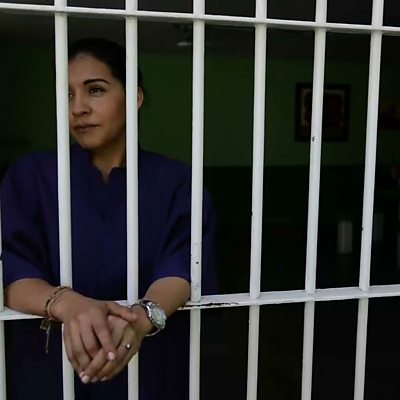Episode details

Available for over a year
The UN proclaimed its Universal Declaration of Human Rights in 1948, after the horrors of World War Two. But they are far from universally upheld. Yecenia Armenta Gracianoтs right not to be tortured was grievously violated in Mexico, when she was beaten, suffocated and sexually assaulted to sign a confession. Yet Human Rights are being used in an increasingly wide range of legal cases, whether to force governments to provide food for the poor, or to cut CO2 emissions to help avert climate change. So what are they, how are they evolving, and what if one personтs human right clashes with that of another? Mike Williams talks to philosopher and law professor John Tasioulas of Kings College London; international law scholar and former UN rapporteur Philip Alston; Dutch lawyer Dennis van Berkel of the environmentalist organisation Urgenda; and India Supreme Court lawyer and human rights campaigner Vrinda Grover. (Photo: Yecenia spent three years in prison since she was tortured to sign a confession for a crime she says she didnтt commit. Credit: Amnesty International)
Programme Website